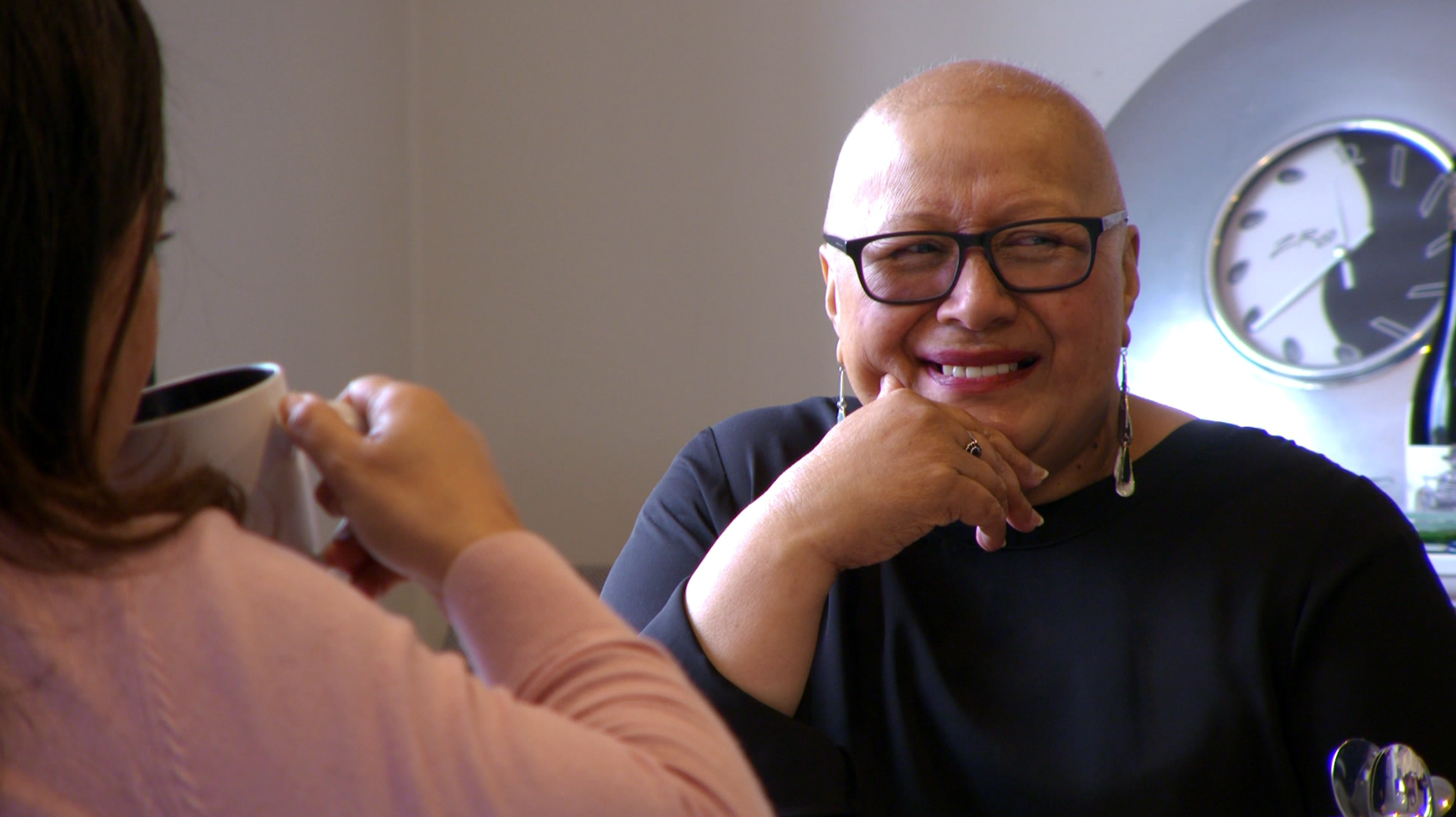South Auckland’s battle with the bulge is worse than ever with a new report showing 7 out of 10 adults in Counties Manukau are overweight or obese.
The statistics were included in a report this week to Parliament’s health select committee, as part of an annual review into the defunct Counties Manukau District Health Board.
According to the paper, there are more people with a high body mass index (BMI) in Counties Manukau than any other health region in the country.
And, south Auckland is home to 19% of all New Zealanders in the most extreme 40+ BMI group.
It said improving nutrition and physical activity and reducing obesity are key to improving health of those in the Counties Manukau area.
“The population experiences relatively high rates of ill-health risk factors (such as smoking, obesity, hazardous alcohol use) that contribute to a ‘package’ of long-term physical conditions that are responsible for the majority of potentially avoidable deaths,” the report said.
The World Health Organisation defines obesity as abnormal or excessive fat that presents a risk to a person’s health. A body mass index (BMI) over 25 is considered overweight. Over 30 is obese.
According to the Ministry of Health New Zealand has the third highest adult obesity rate in the OECD, with one in three adult New Zealanders (over 15 years) classified as obese.
Dr John Baker has spent 40 years working as an endocrinologist and sees first-hand the impact of obesity in south Auckland on a daily basis.
He is also chairman of the Diabetes Foundation Aotearoa. Baker said hearing the statistics from the health select committee’s report were unfortunately not a surprise.
“Counties Manukau has been flagged as the obesity capital of New Zealand for some time,” he said.
Baker said the number of potential health problems that can be linked to obesity is massive.
From obstructive sleep apnoea and fatty liver disease to respiratory problems that can lead to heart failure and osteoarthritis, which contributes to the need for knee and hip replacements.
He said he has seen teenagers in south Auckland who have already suffered from heart failure because of morbid obesity.
But Baker said many people who are obese are genetically predisposed to it and it isn’t just about choice.
He is backing calls for Pharmac to fund the drug weight loss drug liraglutide (Saxenda).
It works by mimicking the effects of a hormone produced in the body when eating, stimulating the pancreas to secrete insulin and reduce blood glucose levels.
Under the application Pharmac would fund it for people between 35-44 years with a BMI of 55 and over and for Māori and Pacific people with a BMI of 50 and over aged between 35-54 years.
“These drugs are a real help and they can get people on the path to weight loss,” Baker said.
However, he said getting people to change their lifestyles is key to real change.
Fellow endocrinologist Dr Brandon Orr-Walker agreed with Baker and said such drugs have a part to play.
But he said greater regulation of fast food and junk food industries through sugar and fat taxes also need to be looked at for a long-term solution.











